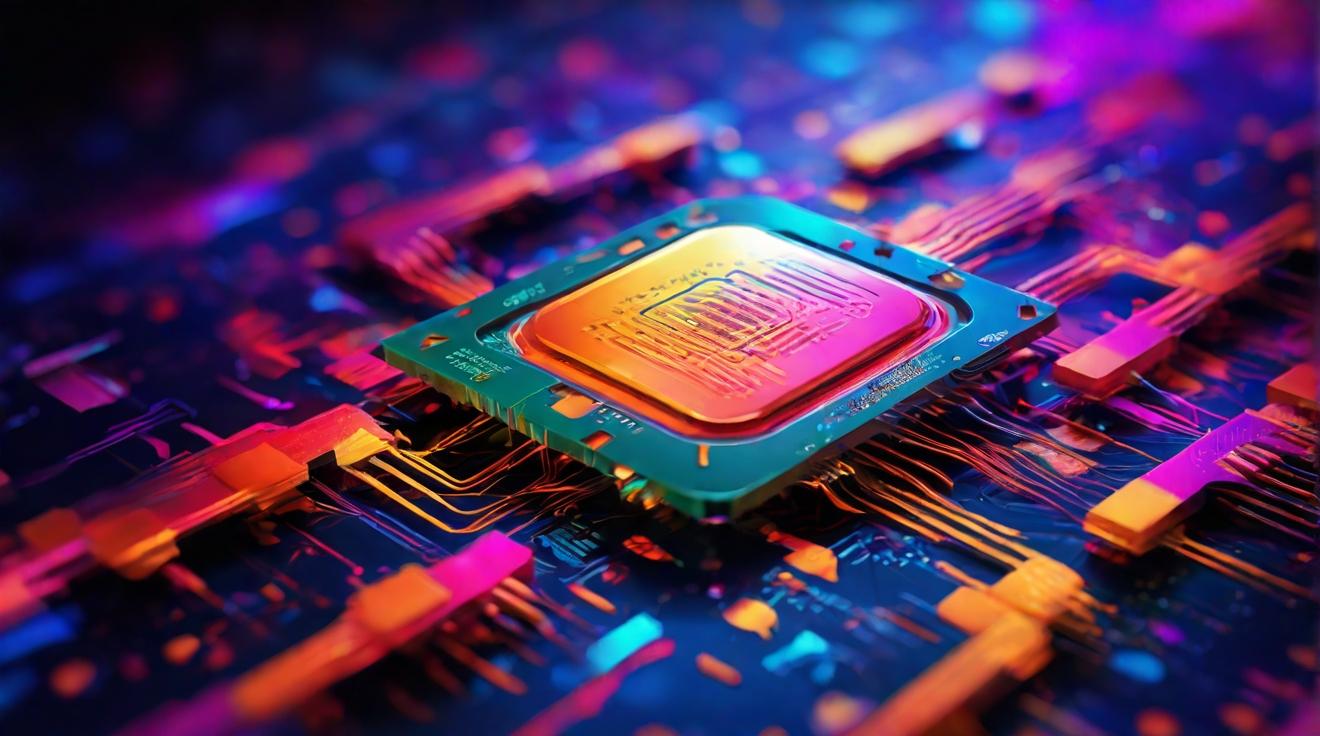Pioneering Stellantis Ventures Invests in Tiamat for Sodium-Ion Battery Technology
Stellantis Ventures, the corporate venture fund of Stellantis N.V., is making significant strides in clean mobility innovation with its strategic investment in Tiamat, a France-based company at the forefront of sodium-ion battery technology. This strategic move is in line with Stellantis’ commitment to sustainable energy solutions and its ambitious Dare Forward 2030 plan, aimed at achieving carbon neutrality by 2038.
The groundbreaking work of Tiamat in sodium-ion technology offers a promising alternative to traditional lithium-ion batteries. With a lower cost per kilowatt-hour and the absence of lithium and cobalt, this innovative technology utilizes abundant sodium, contributing to increased sustainability and reduced dependence on scarce materials.
Tiamat’s expertise and dedication to battery technology have not gone unnoticed. The company was honored with a Stellantis Ventures Award in 2023, solidifying its position as one of the top-performing technology start-ups. Stellantis Ventures’ strategic investment further underscores its commitment to fostering cutting-edge technologies in the automotive and mobility sectors.
Advantages of Sodium-Ion Technology over Traditional Lithium-Ion Batteries
One of the key advantages of Tiamat’s sodium-ion technology is its potential to revolutionize the battery industry. Sodium-ion batteries offer a lower cost per kilowatt-hour compared to traditional lithium-ion batteries, making them a more economically viable option. Additionally, these batteries do not rely on scarce materials like lithium and cobalt, which can help reduce the environmental impact of battery production. By leveraging abundant sodium, Tiamat’s technology aligns with the growing emphasis on sustainability in the automotive industry.
Stellantis’ Commitment to Clean Mobility and Dare Forward 2030 Plan
Ned Curic, Stellantis Chief Engineering and Technology Officer, has emphasized the importance of exploring sustainable and affordable battery options within the Dare Forward 2030 plan. This strategic plan outlines Stellantis’ commitment to developing vehicles with lower emissions and greater sustainability. Curic stated, “Exploring new options for more sustainable and affordable batteries that use widely available raw materials is a key part of our ambitions.” This commitment aligns with the increasing demand from customers for emissions-free vehicles that offer a combination of robust driving range, performance, and affordability.
Diversified Investments: Stellantis Explores Alternative Energy Storage Technologies
Stellantis is actively diversifying its investments in alternative energy storage technologies to fulfill its ambitious goals. In addition to the strategic investment in Tiamat for sodium-ion technology, Stellantis is engaged in projects involving solid-state batteries with Factorial Energy, lithium-sulfur chemistry with Lyten Inc., and other innovative solutions. By exploring multiple avenues of research and development, Stellantis demonstrates its commitment to staying at the forefront of technological advancements in the automotive industry.
Future Plans for Tiamat: Scaling Sodium-Ion Battery Production for BEV Applications
As a spin-off of the French National Centre for Scientific Research (CNRS), Tiamat is well-positioned to leverage cutting-edge innovations. The funds raised through strategic investments, including Stellantis Ventures’ investment, will empower Tiamat to construct a sodium-ion battery plant in France. Initially, the focus will be on power tools and stationary storage applications. However, the company has ambitious plans to scale up production for second-generation products tailored for battery electric vehicle (BEV) applications. This expansion aligns with the growing demand for sustainable energy solutions in the automotive sector.
In conclusion, Stellantis Ventures’ strategic investment in Tiamat for sodium-ion battery technology demonstrates its commitment to driving innovation in clean mobility. Tiamat’s sodium-ion technology offers advantages over traditional lithium-ion batteries, including lower costs and reduced reliance on scarce materials. As part of its Dare Forward 2030 plan, Stellantis is diversifying its investments in alternative energy storage technologies to achieve its sustainability goals. The future looks promising for Tiamat, as it plans to scale up sodium-ion battery production for BEV applications, ultimately contributing to the advancement of clean and sustainable transportation.
Analyst comment
Positive news.
As an analyst, the strategic investment by Stellantis Ventures in Tiamat for sodium-ion battery technology will likely lead to increased research, development, and production of sodium-ion batteries. This investment aligns with Stellantis’ commitment to sustainable energy solutions and its Dare Forward 2030 plan. The lower cost and reduced reliance on scarce materials of sodium-ion batteries make them a promising alternative to traditional lithium-ion batteries. Tiamat’s plans to scale up production for BEV applications could contribute to the advancement of clean and sustainable transportation.













